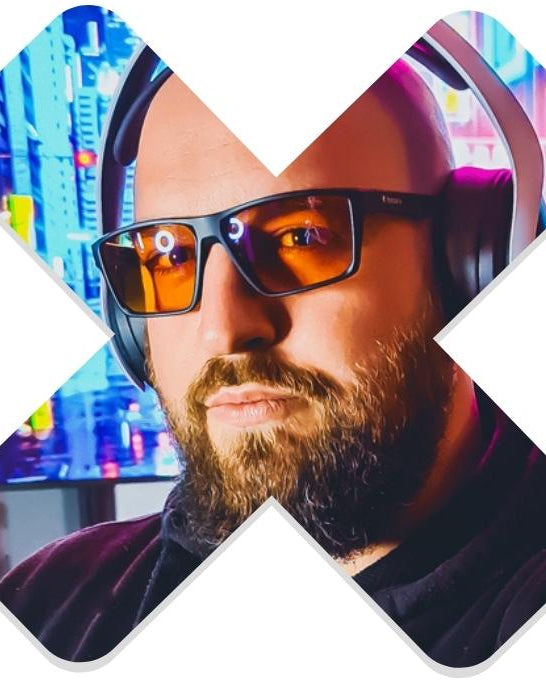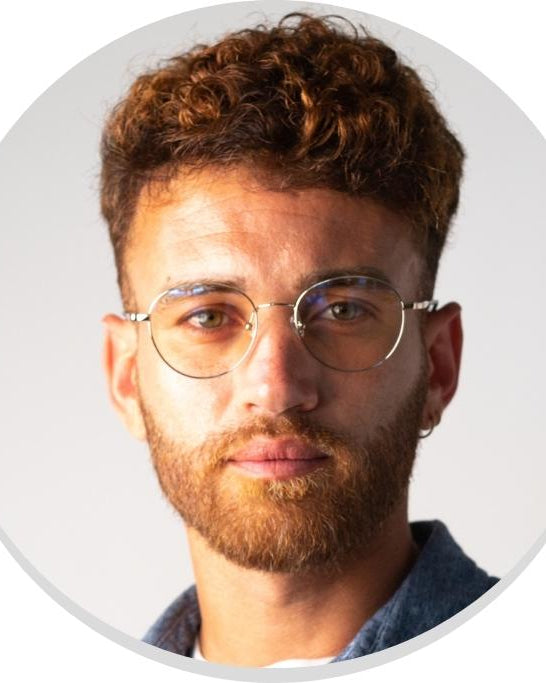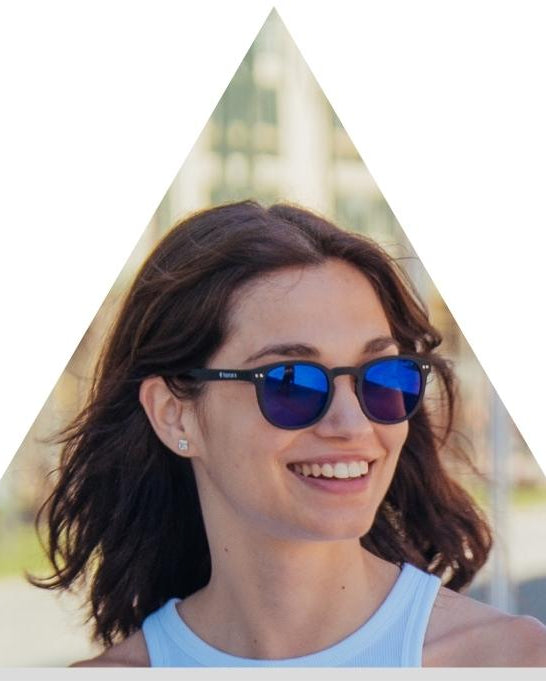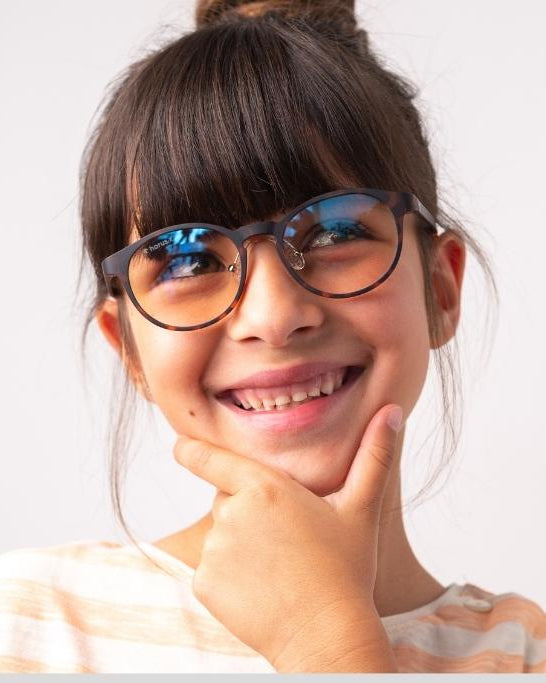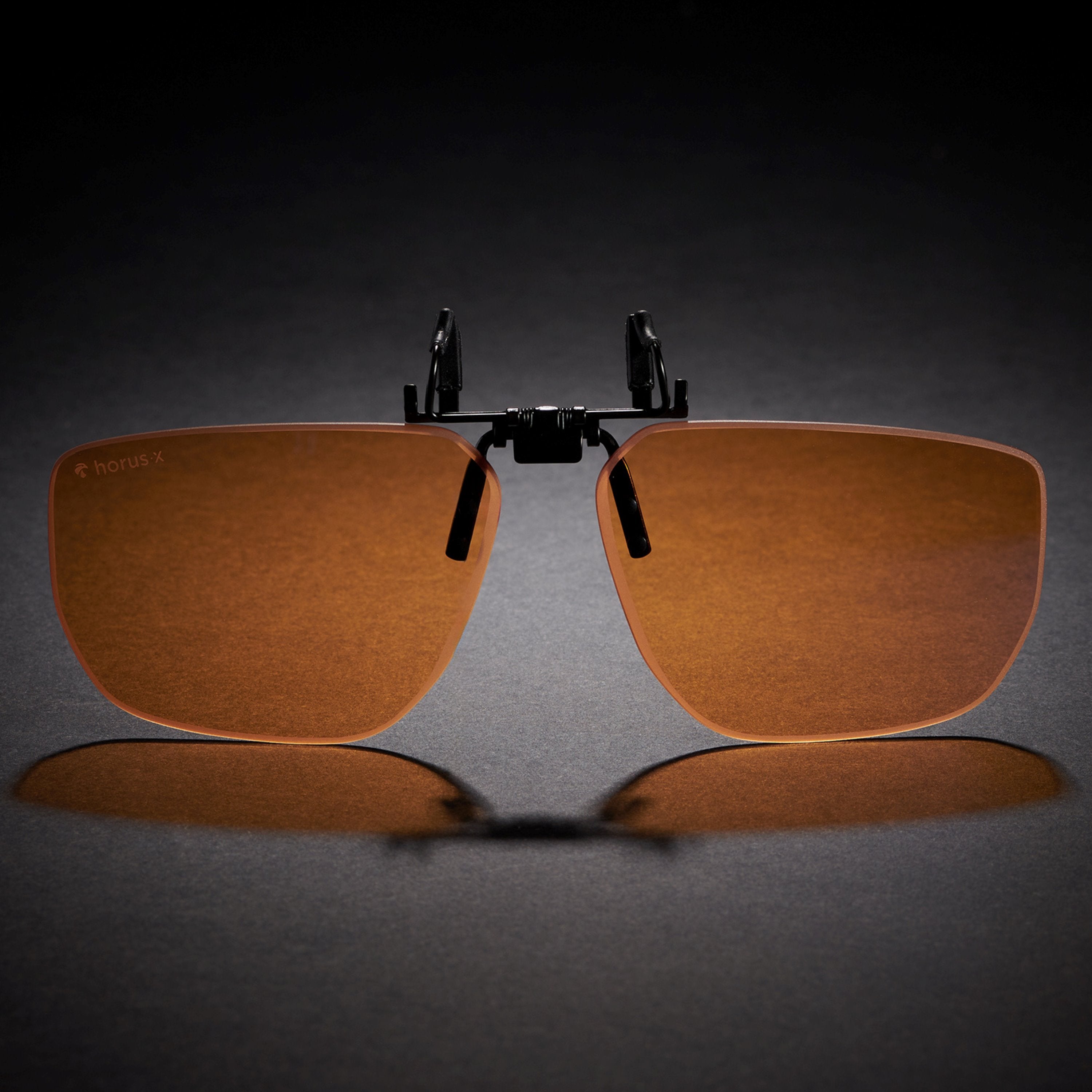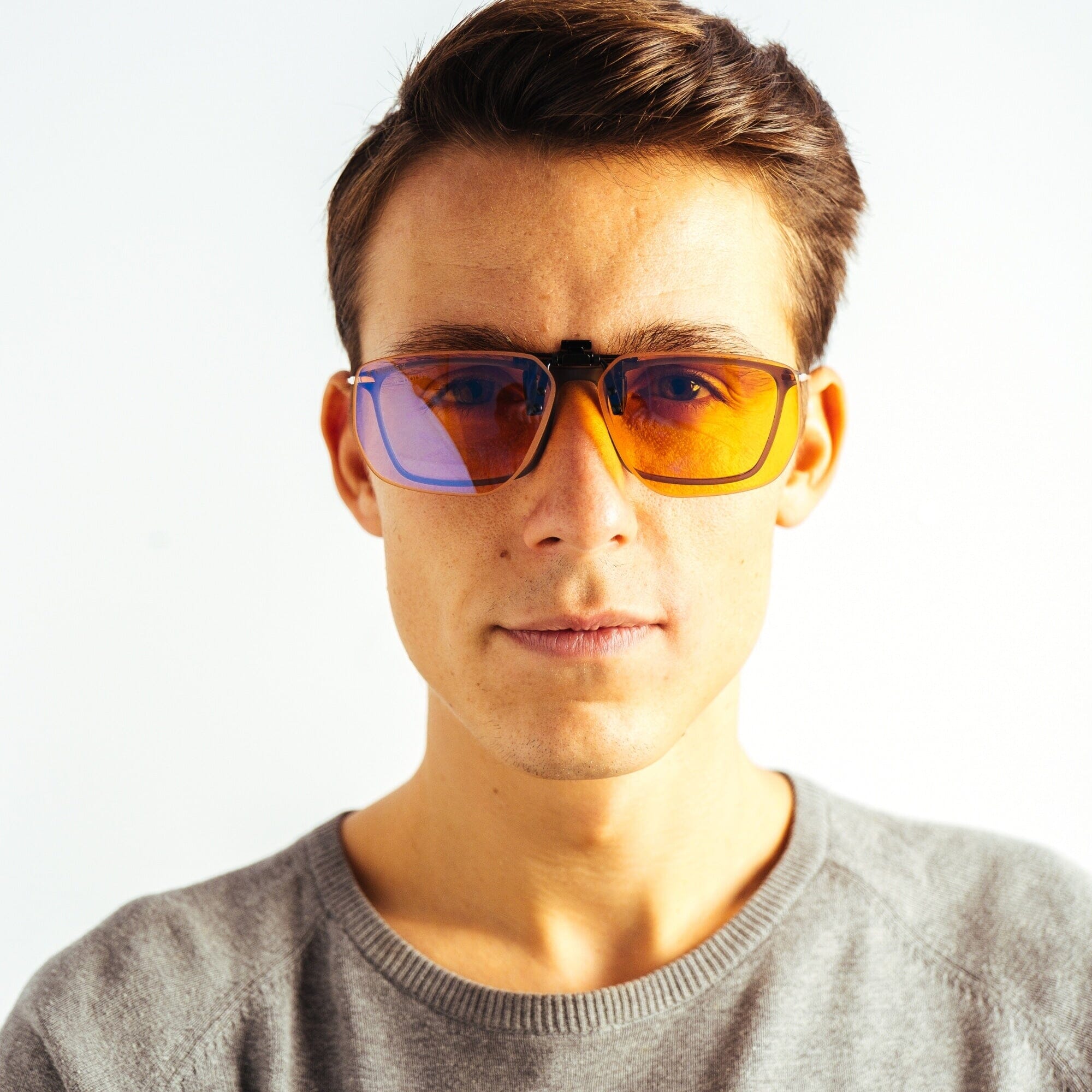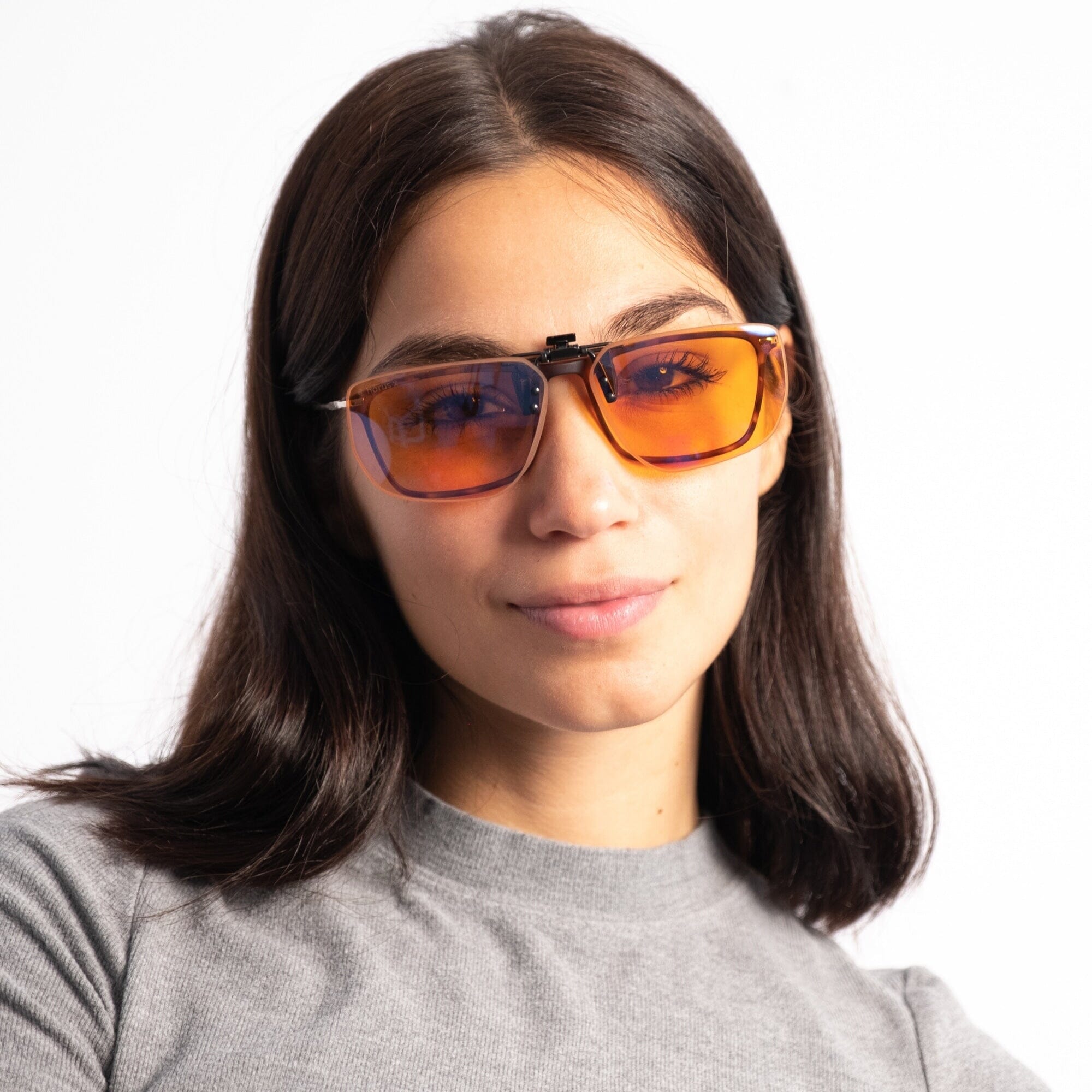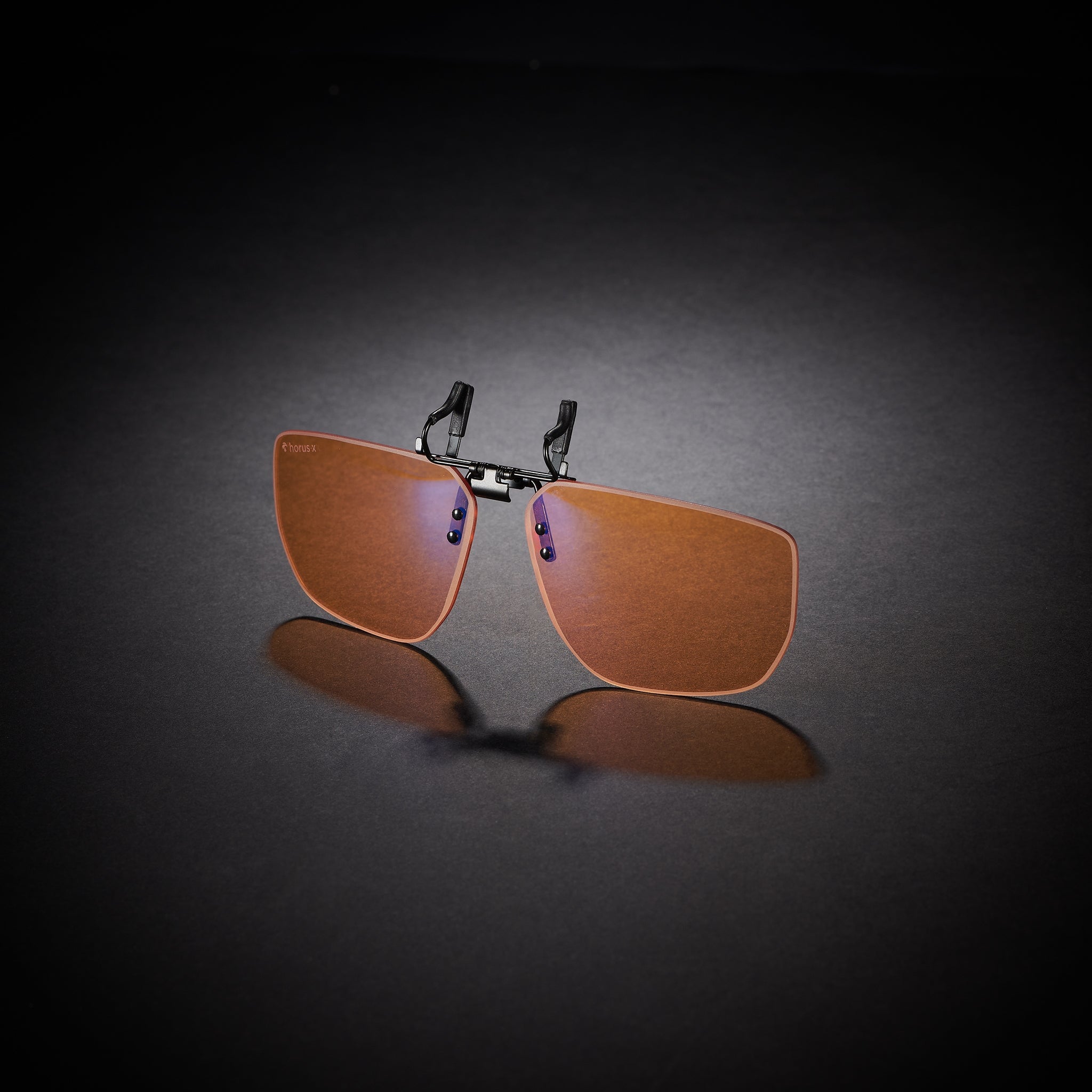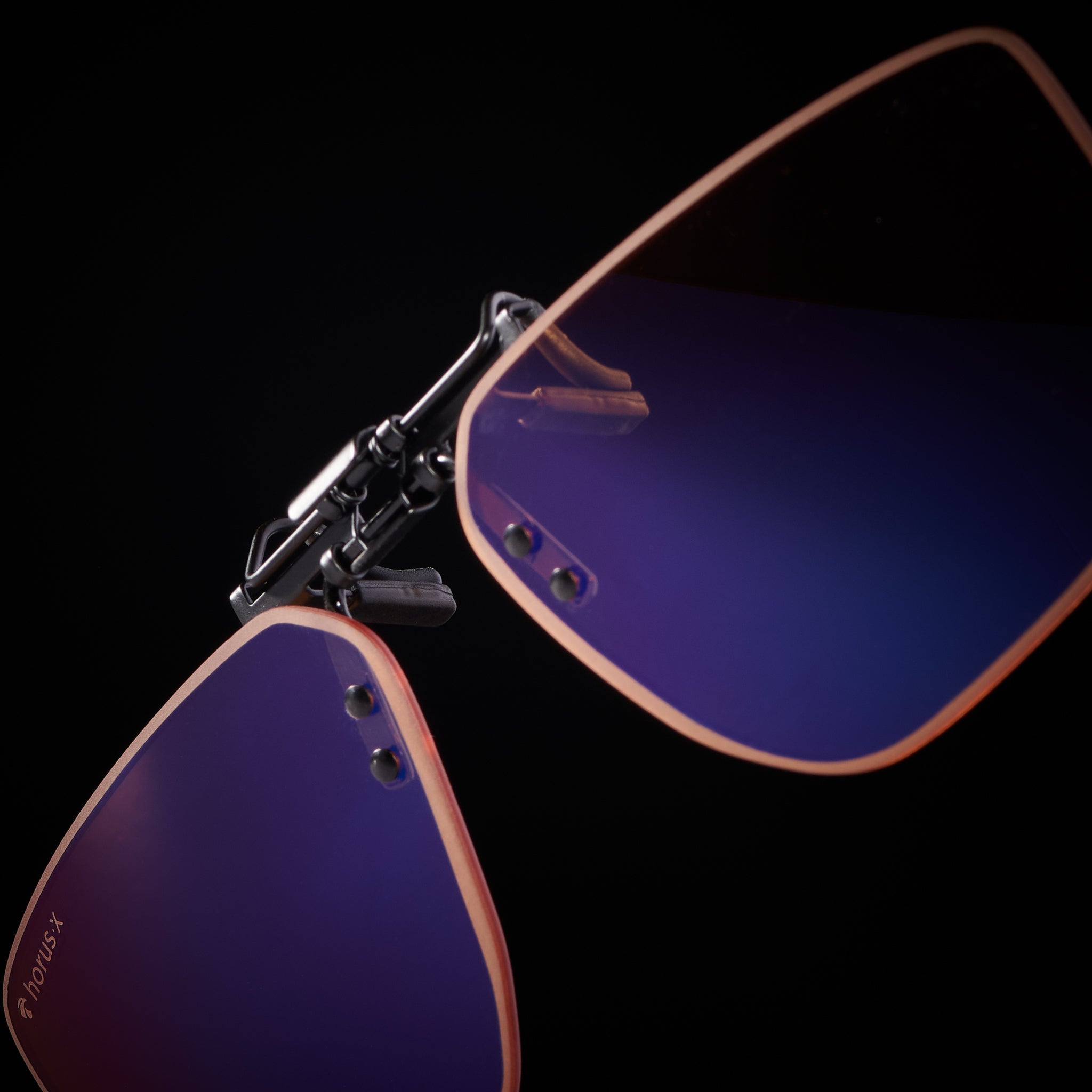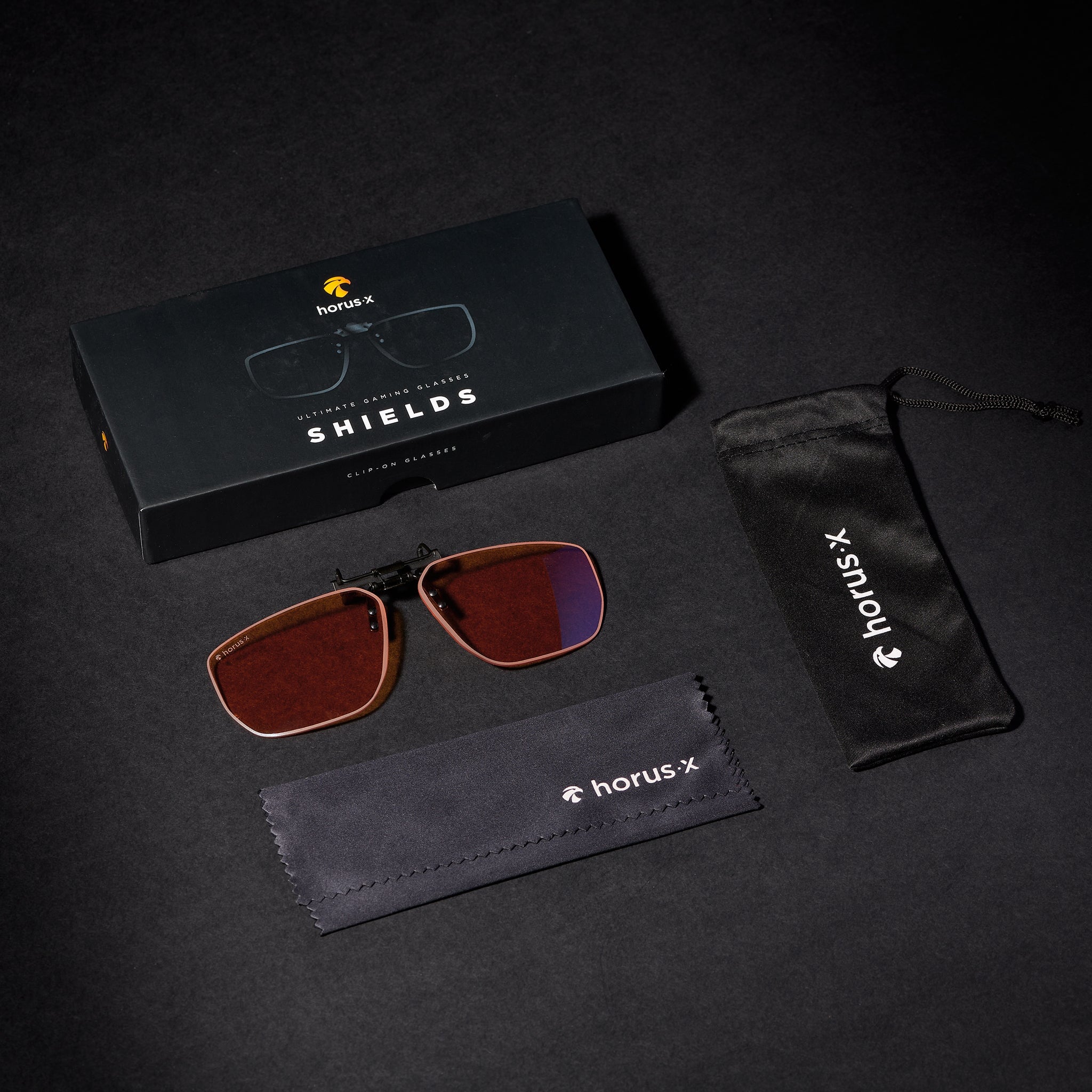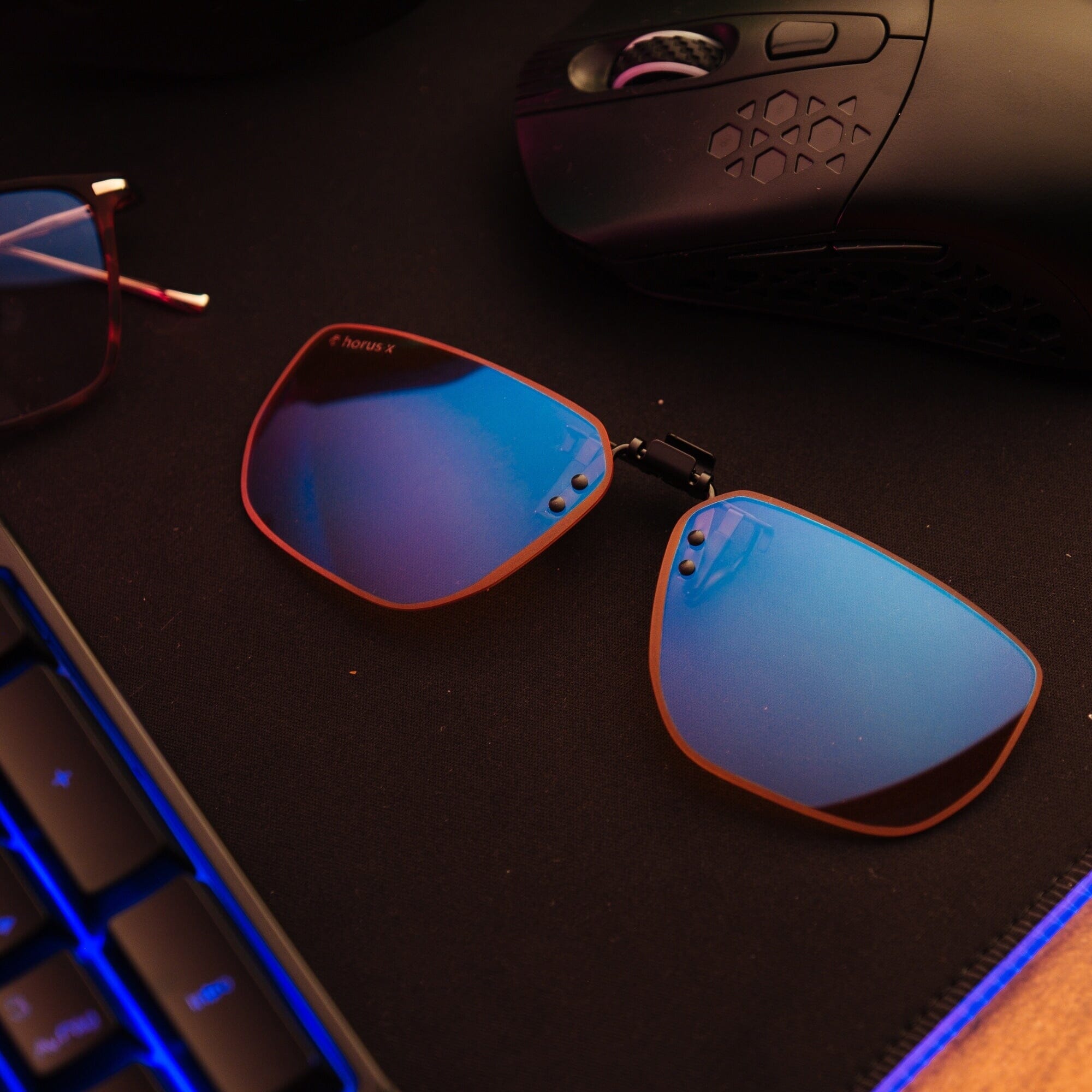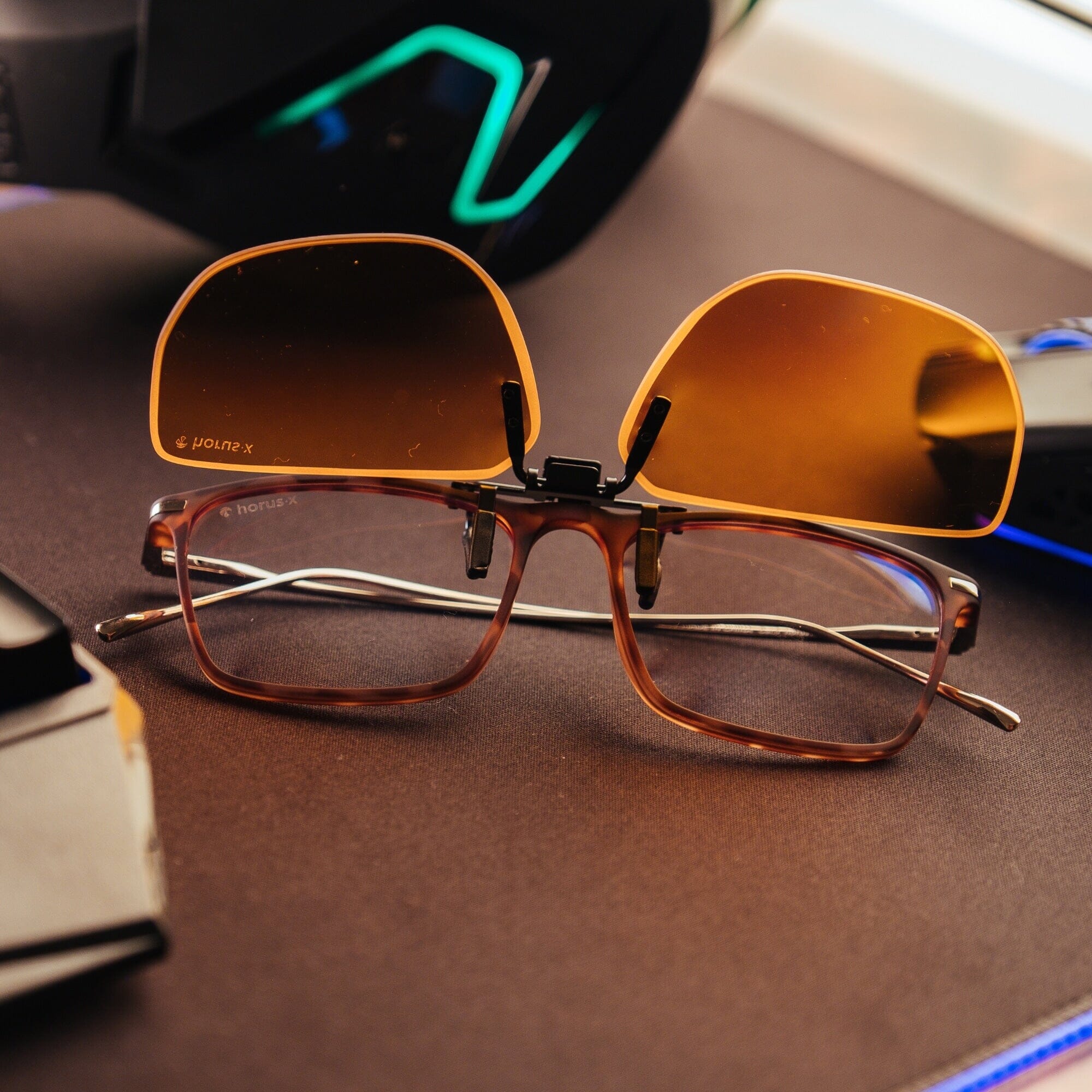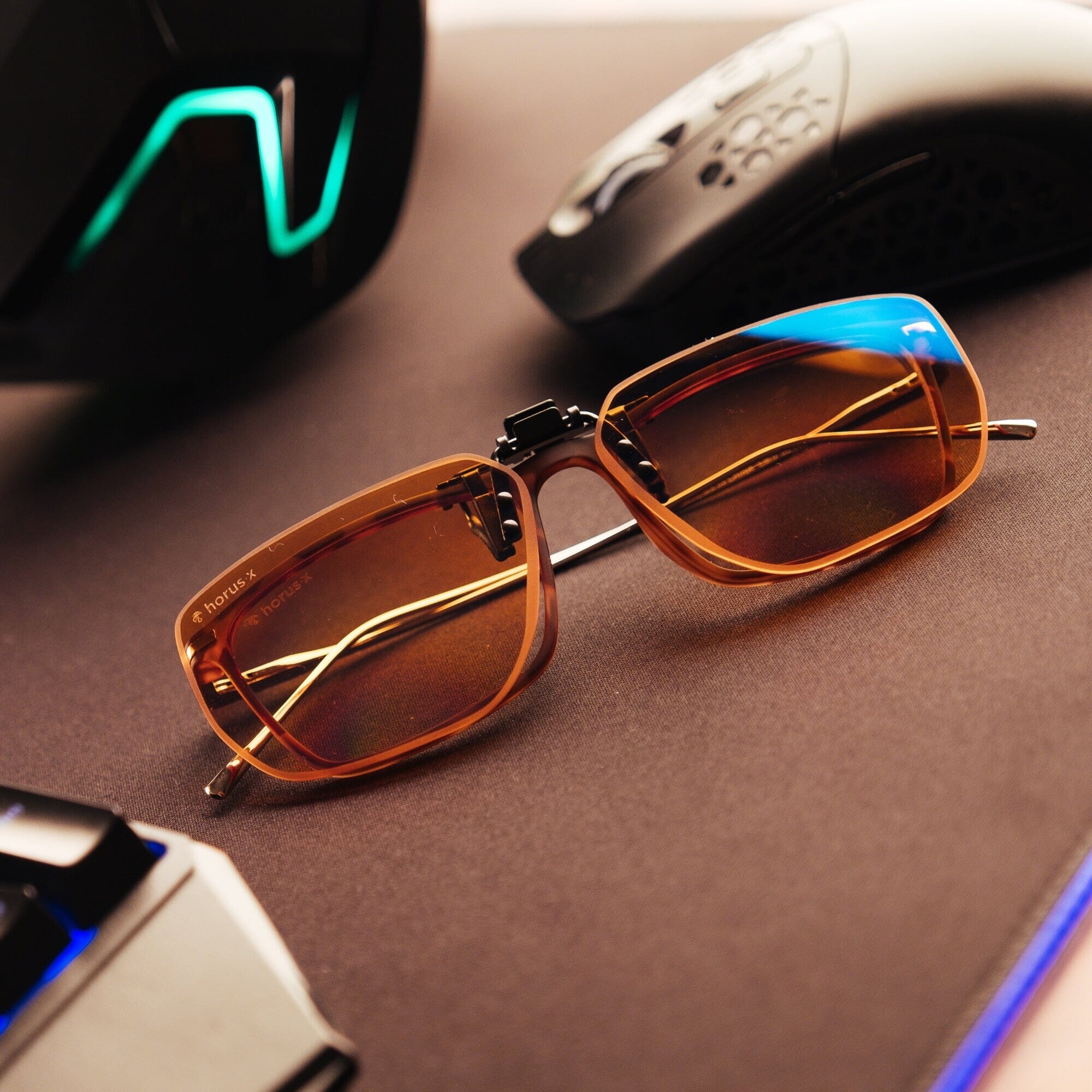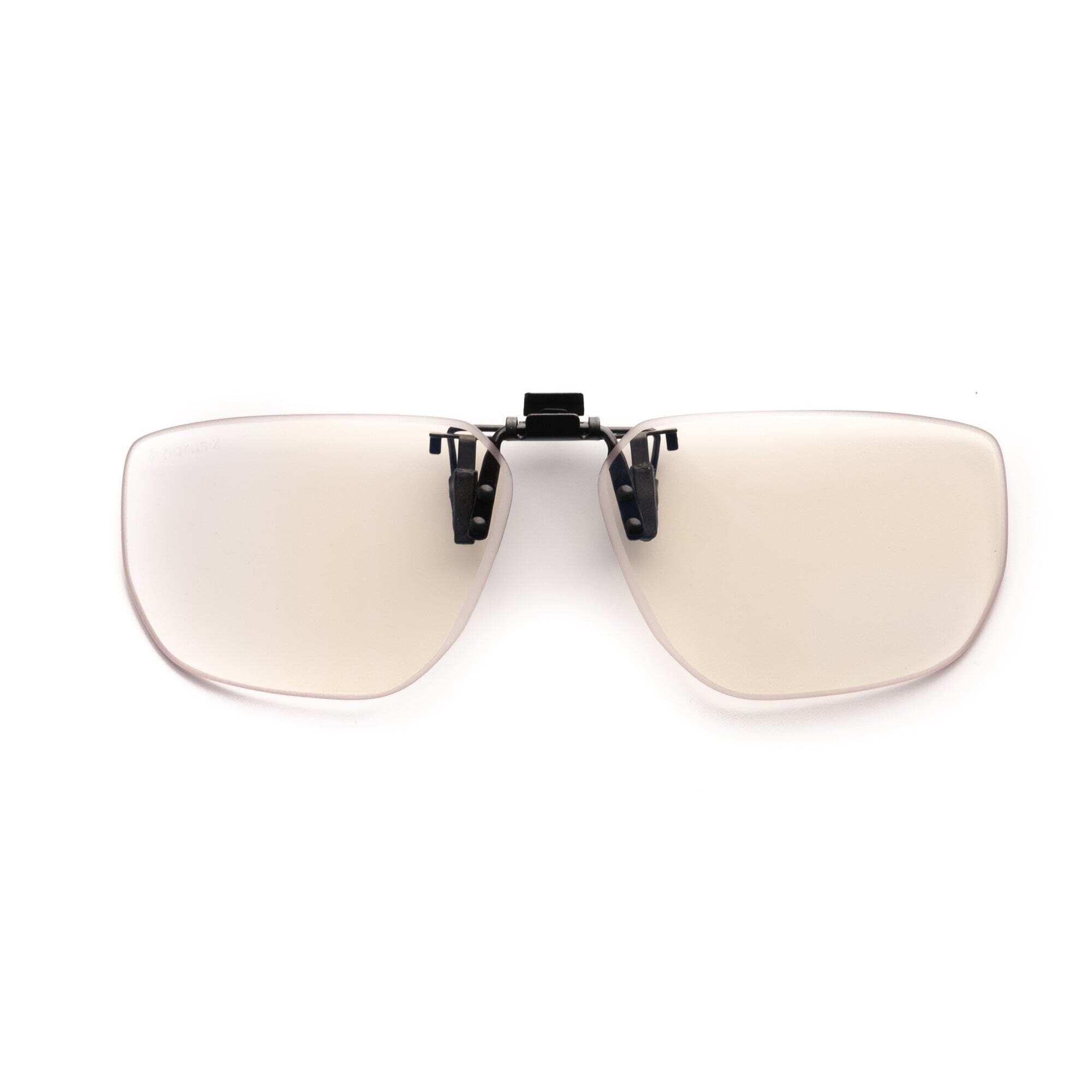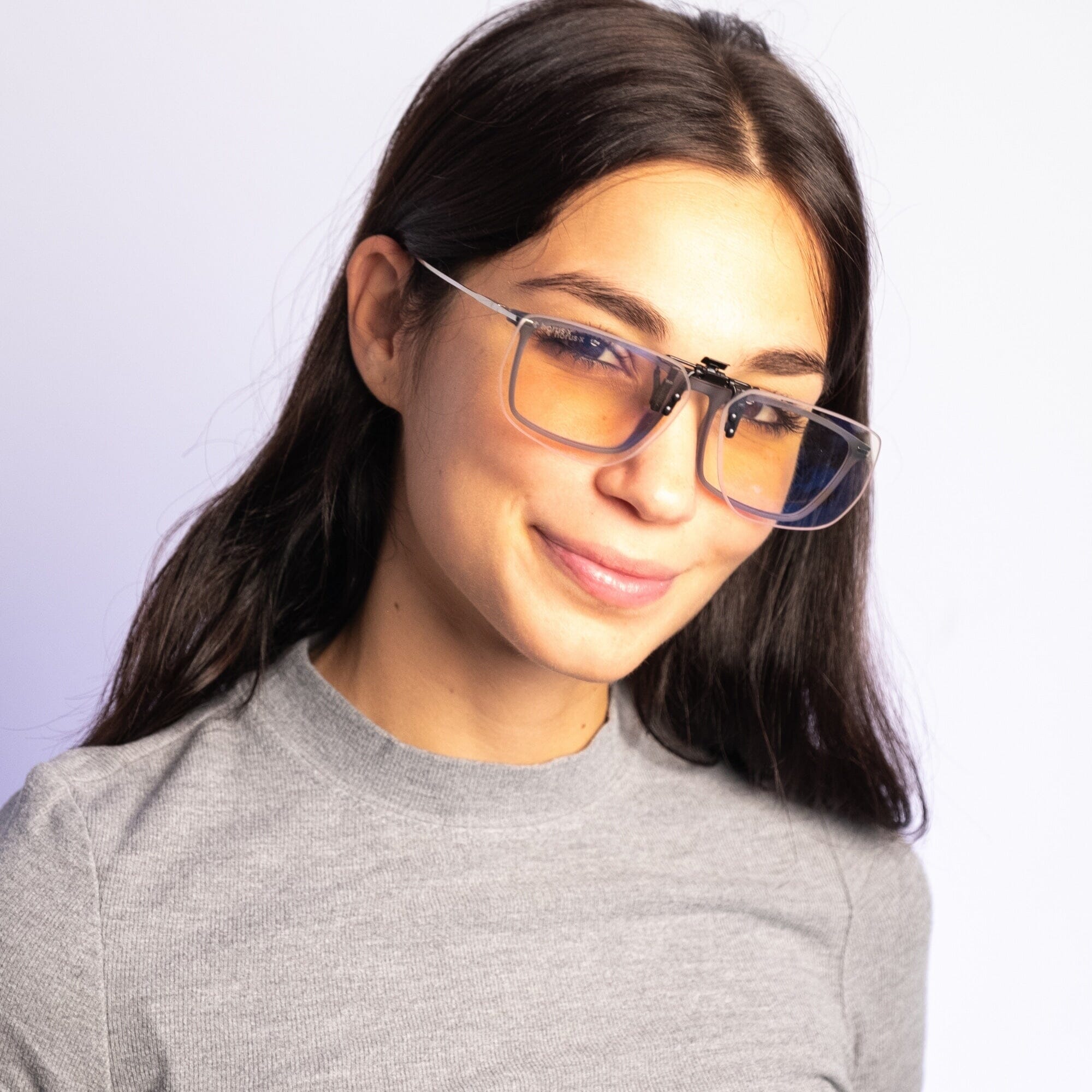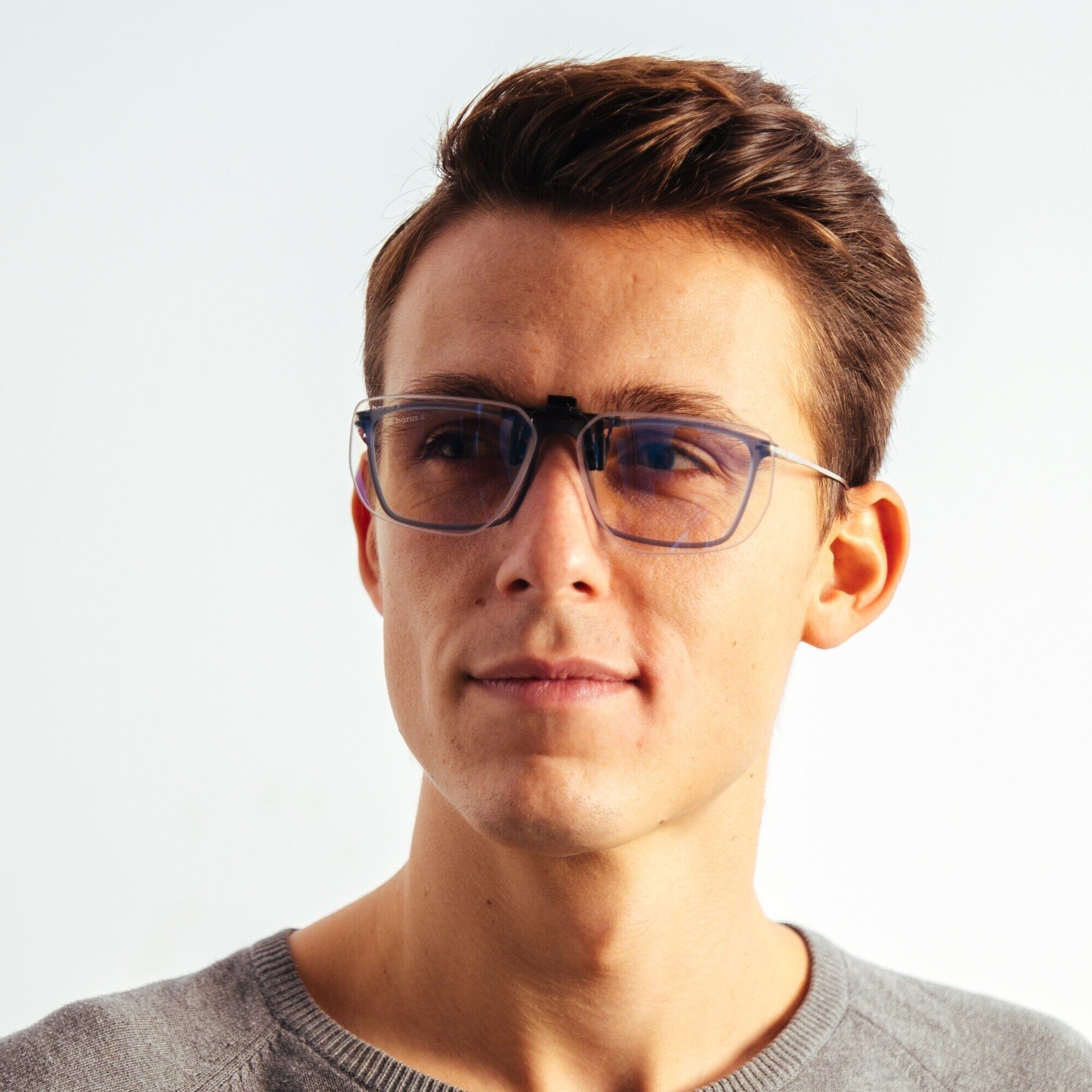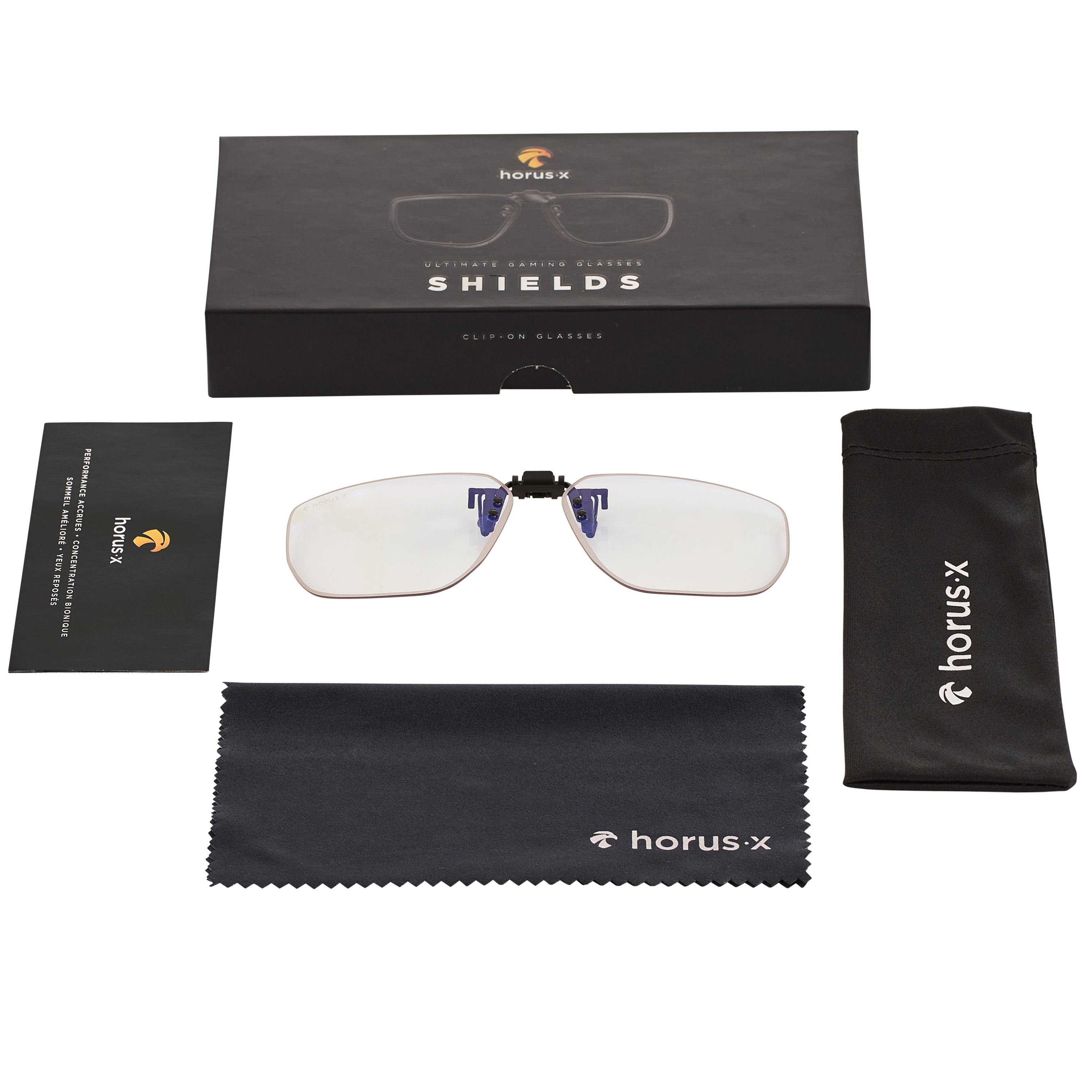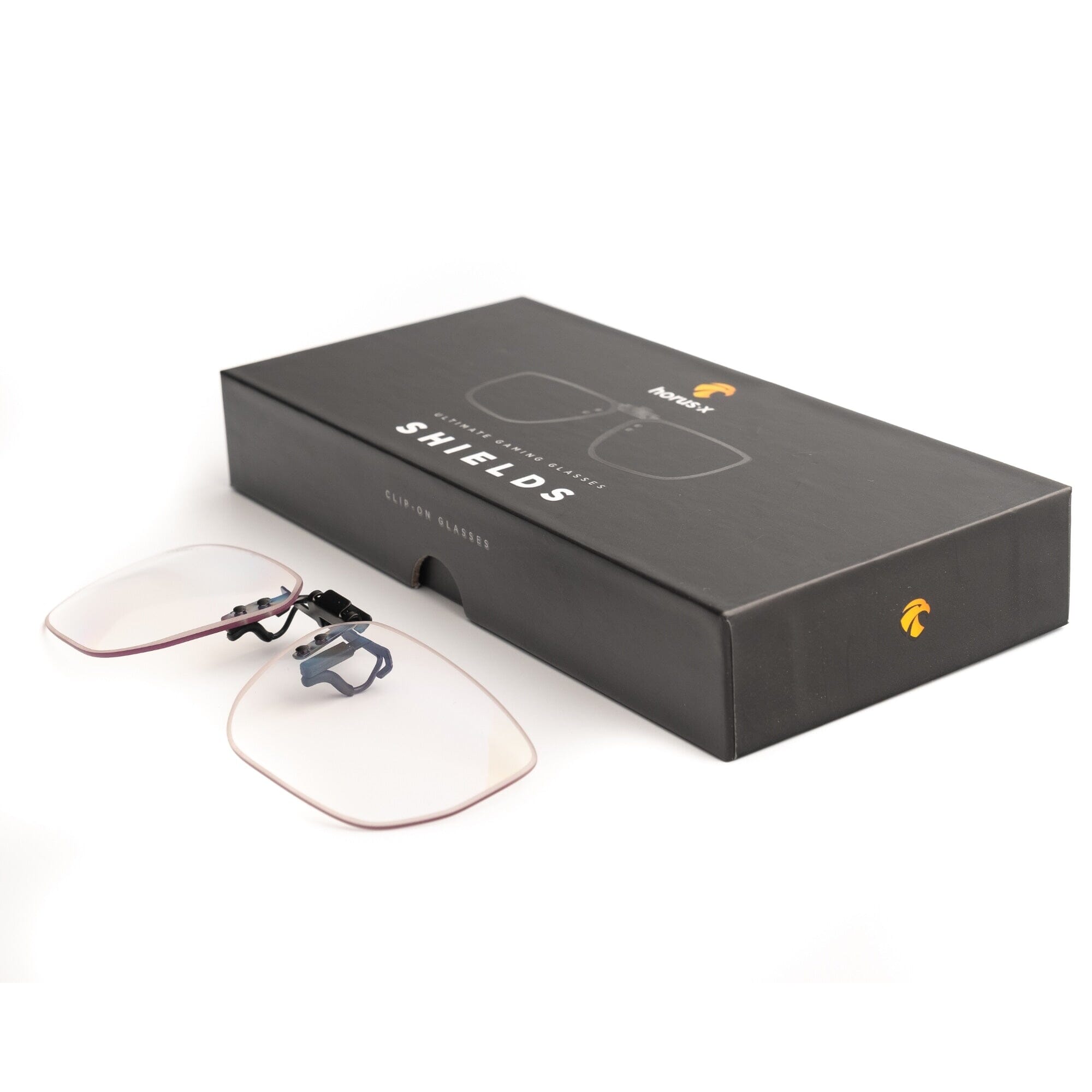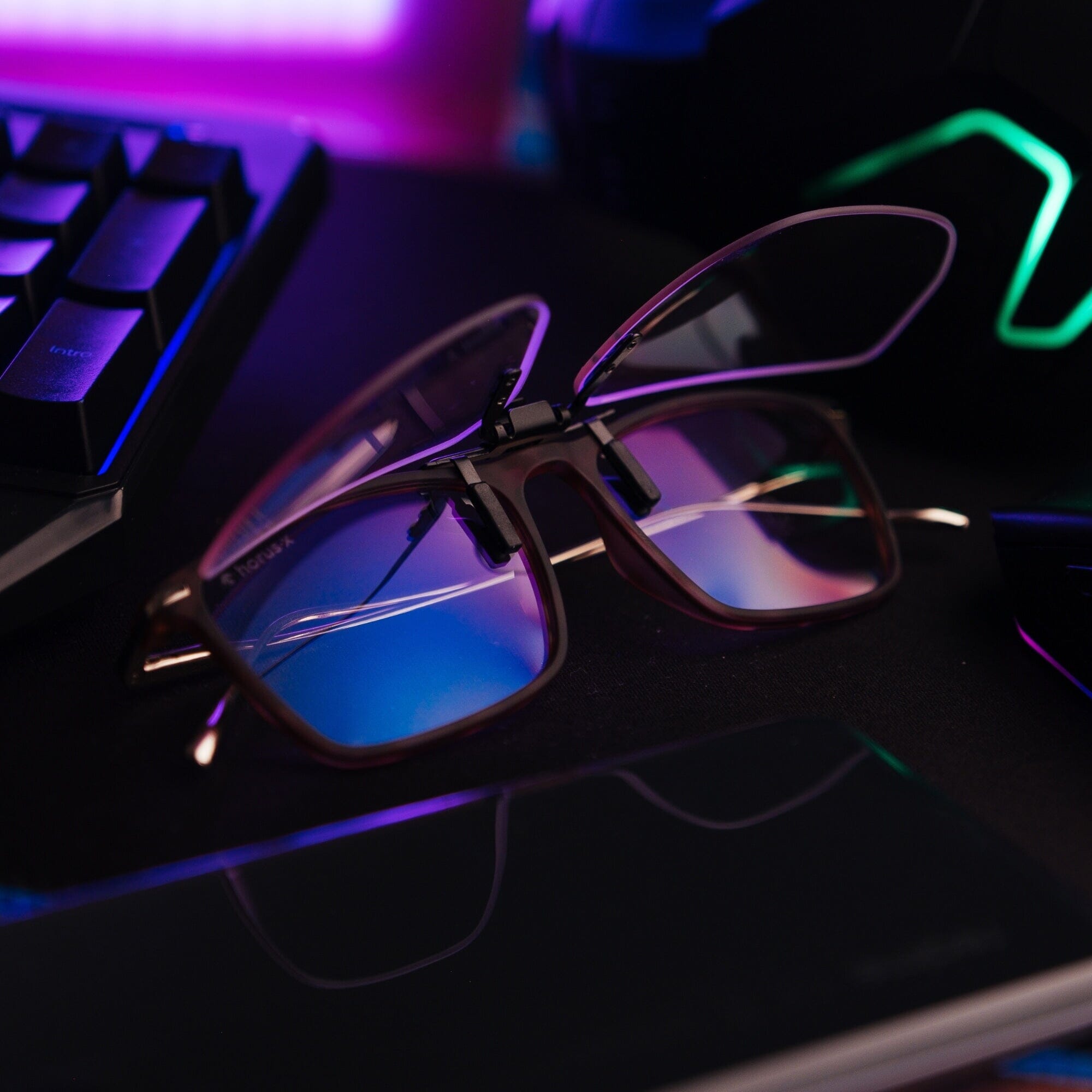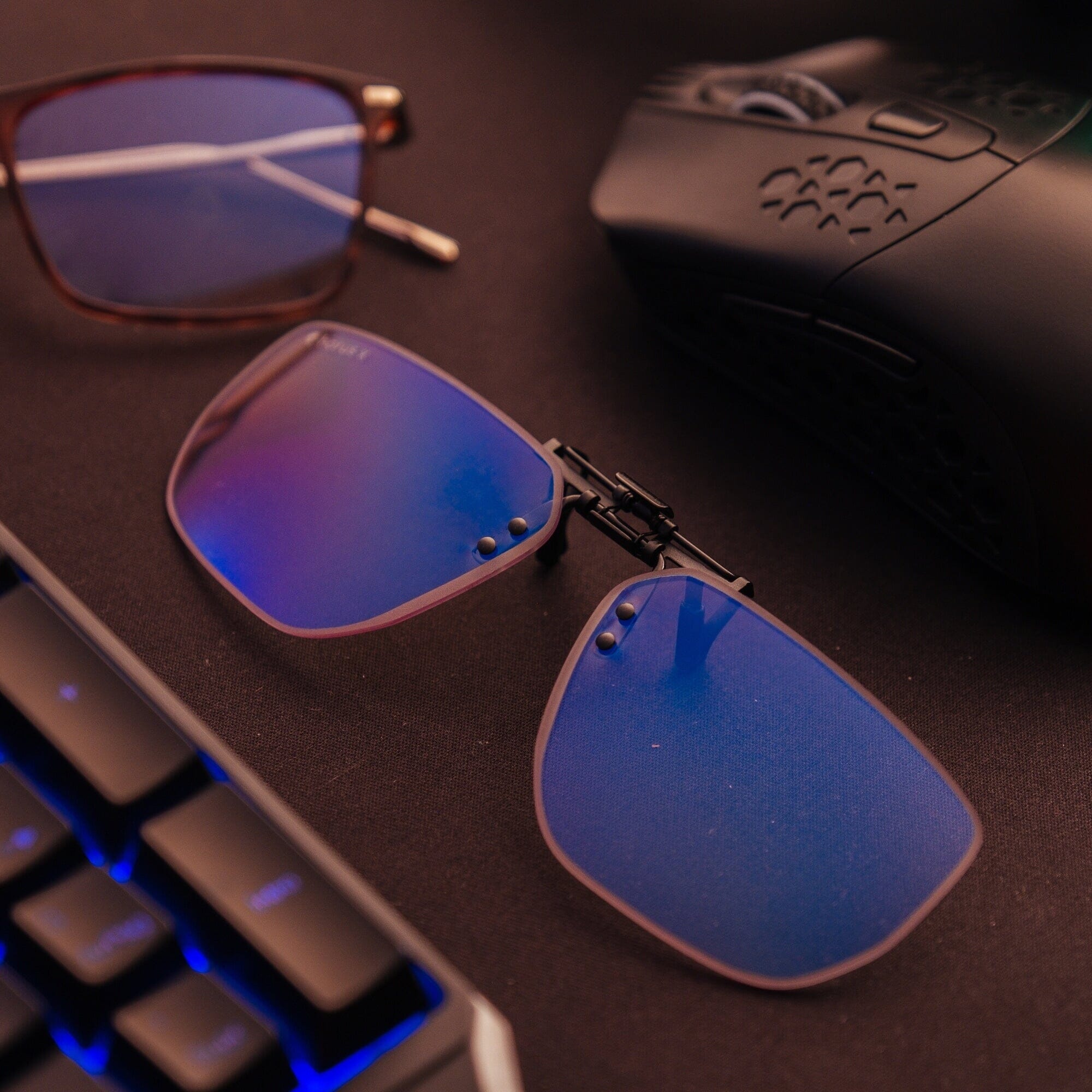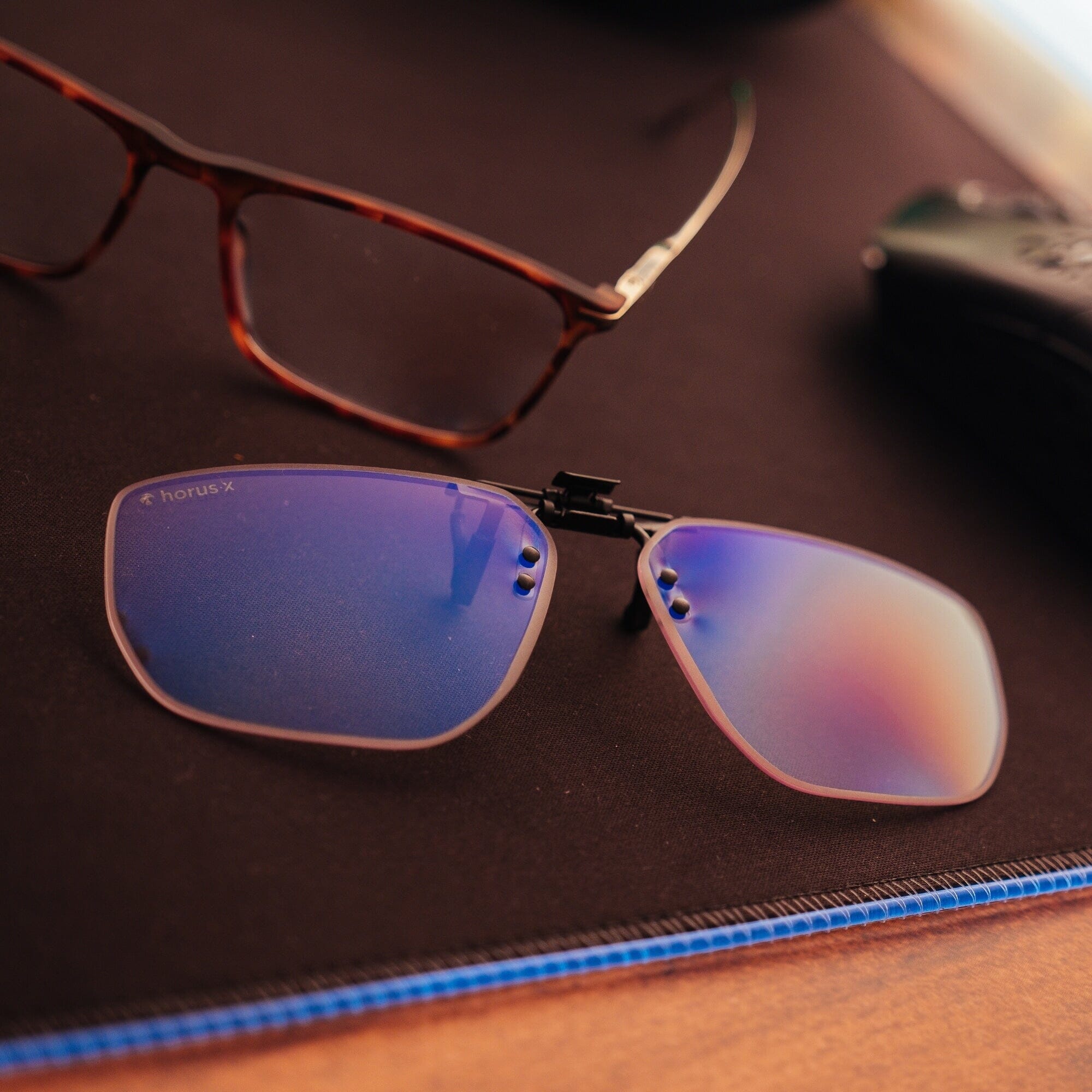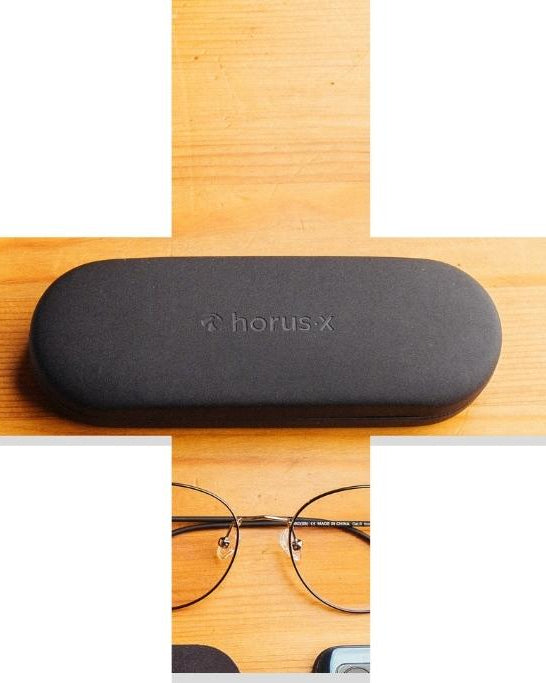If you’re looking for a better night’s sleep, an app might just be your solution. After all, in 2025, we rely on them for everything else, why not sleeping too?
Across the world, lack of sleep is a huge problem with our multitude of devices to distract us and blue light to keep us awake. In fact, over a third of Americans report getting less than 7 hours sleep a night.
But sleep is essential to keeping healthy, both physically and psychologically. That’s why the best sleep apps take everything about your bedtime routine into account to get you in the perfect state to fall asleep.
What are the best free apps to help you sleep? Android & iOS apps, at a glance
| App | Use |
Price |
| Shut Eye | Sleep tracking |
Try free for 7 days, then $59.99/year |
| Sleep Cycle | Smart alarm |
Free trial then $40 for lifetime access |
| Namatata | Meditation |
Free access to 7 sessions of Pure 1, then 1, 6 and 12 month options available. Up to $53.99 |
| Kardia Respiration Relaxation | Cardiac coherance and relaxation |
Free for 10 days then costs $0.99 |
| White Noise Lite | White noise for sleep |
Free |
| Pokemon Sleep | Sleeping game for younger people |
Free but has premium access for $50/6 months |
For those looking for more in-depth help, a tracker+app combo might be more advisable:
| Nom | Type | Price |
| Oura | Ring |
$300 for the ring, then $6.99 month tracker subscription ($79 annually) |
| Whoop | Bracelet | Bracelet is free, one month free trial, then $239/annual tracker subscription |
What are the benefits of a good night’s sleep?
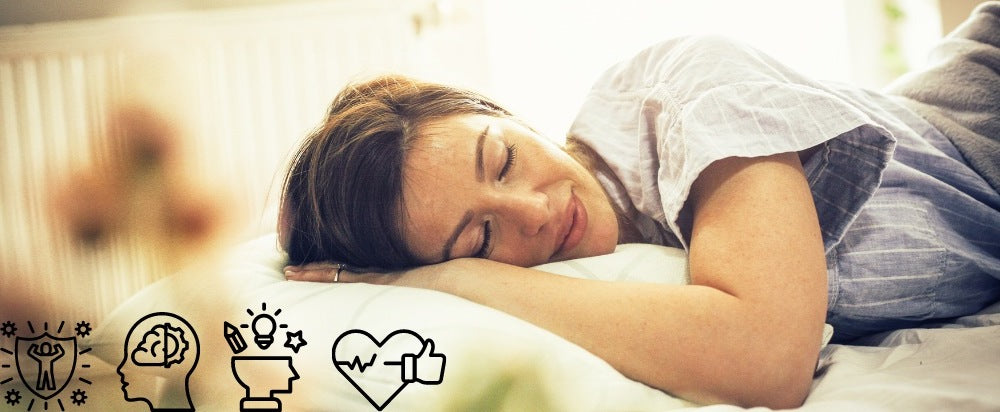
Your body is a real clock, set to the circadian cycle. It’s wired to rest and recharge at night, so you can wake up and relax during the day.
Sleep is essential for the proper development and functioning of your body. It acts on several levels: on the heart, arteries, skin, the immune system, digestion, memory, the mind and even creativity.
For adults, the ideal amount of sleep is between 7 and 9 hours per night. But the rhythm of life disrupts our sleep: stress, brightness, a nice, but rich dinner, or even pathological factors such as migraines or chronic fatigue can prevent us from closing our eyes in peace.
And all that’s without even mentioning the unfortunate people who suffer from a sleep disorder like insomnia or sleep apnea.
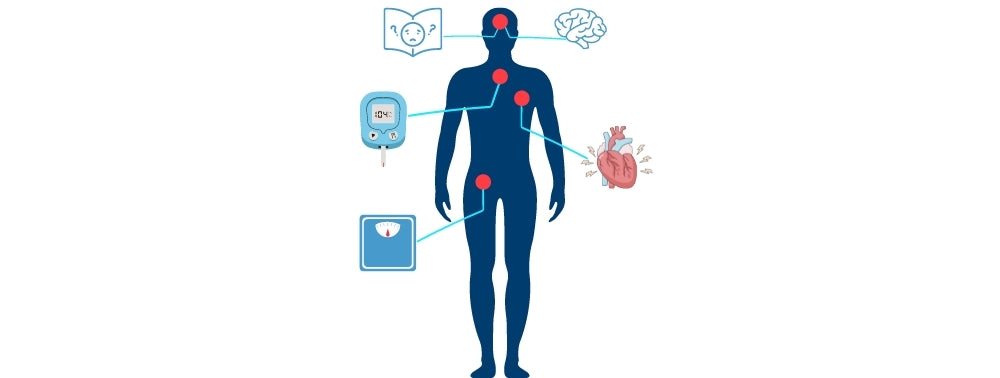
Whatever the cause, however, a lack of sleep can have harmful consequences on the body:
- 😡 Mood disorders, irritability
- 😴 Decreased attention and alertness problems
- 😿 Risks of depressive syndrome
- 🍔 Increased risks of obesity and diabetes
- 👩⚕️👨⚕️Increased risk of cardiovascular diseases (hypertension, stroke, heart attack, etc.)
Top tips for sleeping better

It’s really hard to break out of a bad sleep cycle, it involves a mental shift so you can instill good habits that ready your body for restful sleep.
Try to:
- Adopt a diet rich in nutrients and good food (by that we mean healthy, not yet another “good burger”)
- Cut off screens an hour before bed so your body doesn’t get confused by its exposure to blue light.
- Favor gentle physical activities, yoga in bed to relax
- Maintain a suitable temperature in the room
- Sleep at a fixed, regular time
- Enjoy herbal teas that soothe your system and prepare you for rest
- Help yourself with accessories… like a sleep app!
Screens and sleep
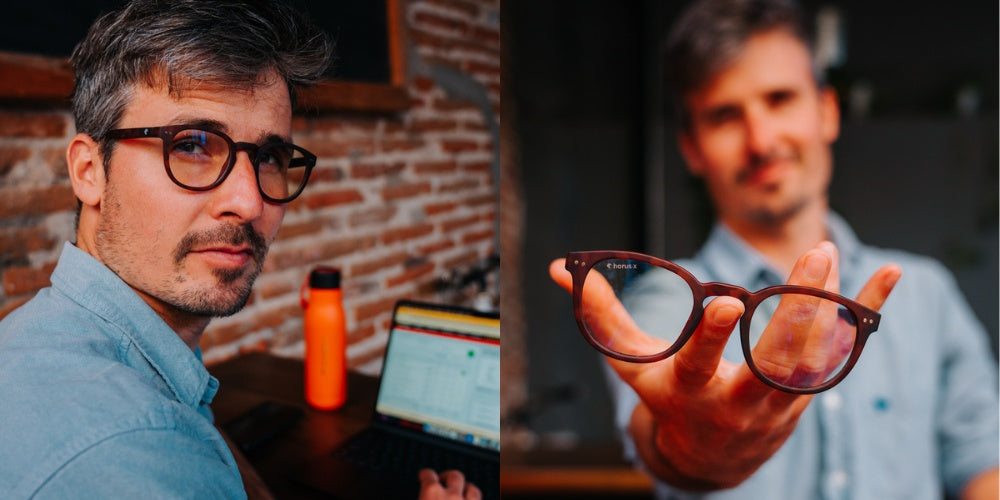
Screens are constants in our lives, you’re using one right now just to read this. However, unfortunately, the exposure does impact our delicate little eyes.
But before you fling your phone or tablet across the room in horror, at least finish reading this so you know how to mitigate its impact.
Screens emit artificial blue light, which promotes eye fatigue, also known as Computer Vision Syndrome. This disrupts melatonin production and therefore your circadian rhythm and sleep cycle.
So, to sleep better mitigate its effects by wearing anti-blue light glasses. They filter harmful waves of blue light so you can enjoy screens in comfort and without impact to your sleep cycle.
At Horus X, we offer these glasses for any occasion:
- The Gaming collection: Intended for heavy screen users, especially in the evening, with maximum filtration.
- The Nomad collection: Its transparent lenses offer ideal filtration for screen work and everyday use, with timeless designs for in and outdoors.
- The Kids collection: To protect their still developing eyes.
- The Sunglass range: The first sunglasses designed for reading screens outdoors.
The best sleep apps for analysis, sleep tracking & relaxation
If you’re looking for the best sleep app for you, there are tons of options out there. From providing white noise to fall asleep, to lights, to tracking your sleep stage, or scanning you as you rest to help identify problems that are preventing you from falling asleep easily, or not resting well once asleep.
Of course, none of this is a substitute for a doctor or other health professional’s expert opinion, and if your sleep issues persist regardless, it’s always a good idea to speak to a physician.
Sleep apps, however, can help you take the first step toward better sleep and help you understand how your body reacts once your eyes are closed.
As of the time of writing, all of the following apps work on both iOS and Android.
Shut Eye: A sleep tracking app
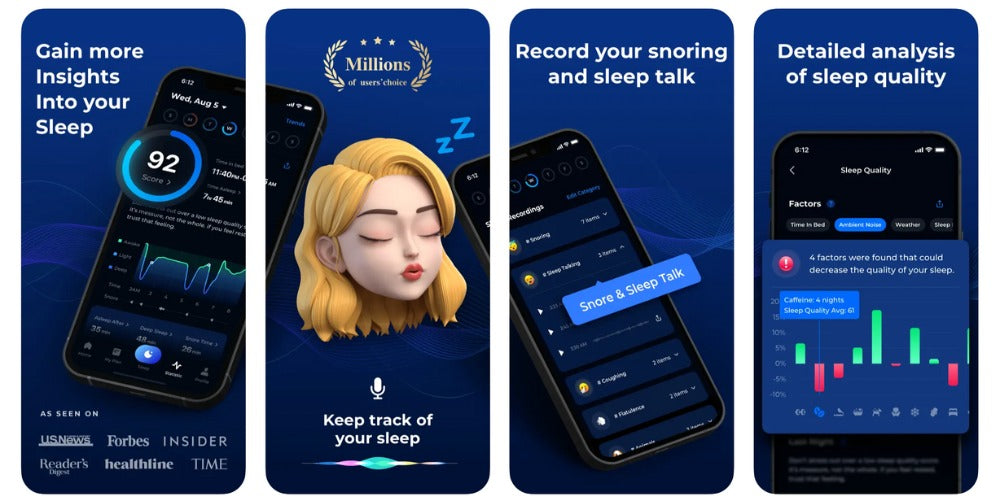
👉 7 day free trial, then $59.99 per year
This app analyzes your sleep patterns: When you fall asleep, when you’re in a deep sleep, light sleep etc. It records any sounds you might make like sleep talking or snoring, and can tell if you have sleep apnea.
This is a versatile app with customizable sounds to help you fall asleep like tropical rain, waves on the beach etc.
Sleep Cycle
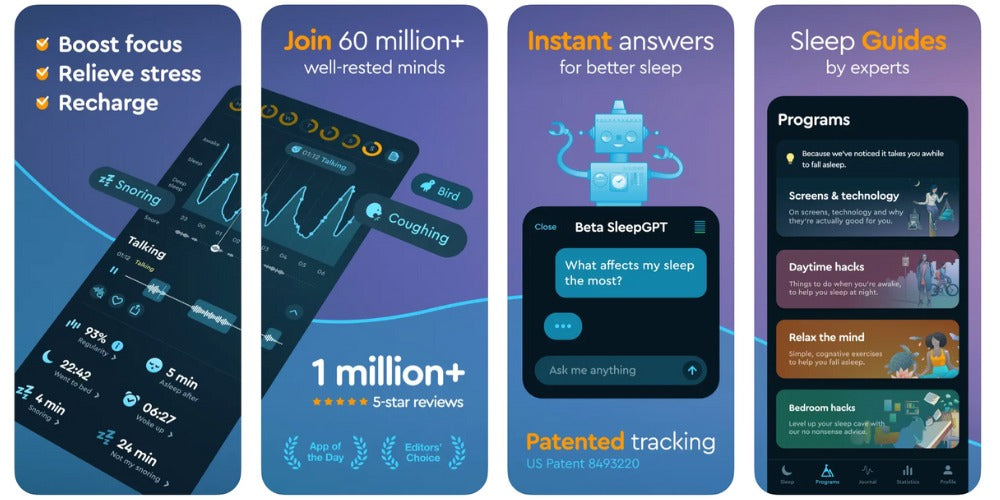
👉 A free game, premium access for $40
This application is more like an alarm clock. It still has a dedicated and detailed sleep tracker, and as everything is done by sound you don't need to have it on your mattress for it to record your sleep patterns.
While you sleep, the app will track your natural sleep cycle and wake you up 30 minutes before your alarm. The gain in energy and mood is worth the loss of that small bit of sleep.
Namatata: Meditation to help you sleep
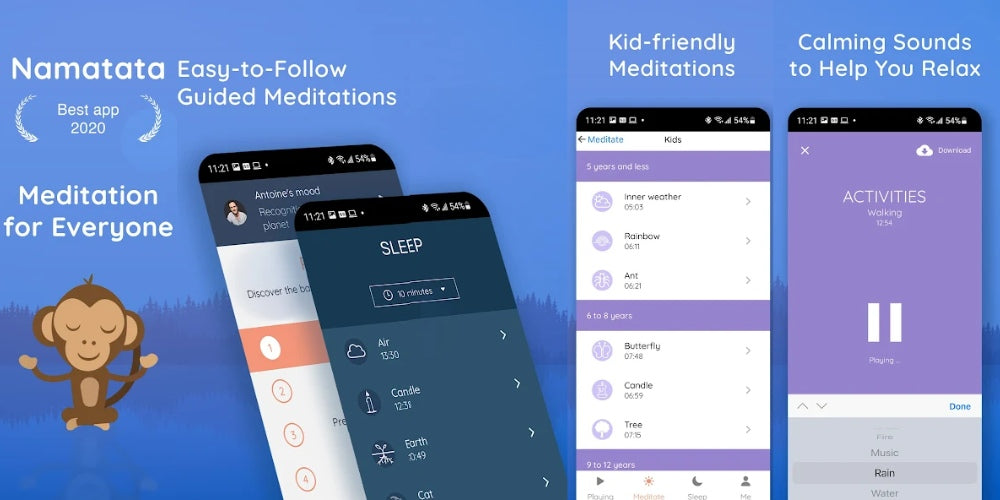
👉 7 free sessions, $53.99/year for access to more than 400 sessions.
This app allows you to practice guided meditation before falling asleep. Take a little time each day before bed to cut off the outside world and the stress of daily life.
There’s something for everyone, novice to expert. Even 10 minutes can be enough to change your sleeping pattern and be more well rested.
Namatata offers different options from simple stories, to mindfulness meditation and sessions dedicated to falling asleep.
Kardia: Breathing, relaxation and cardiac coherence
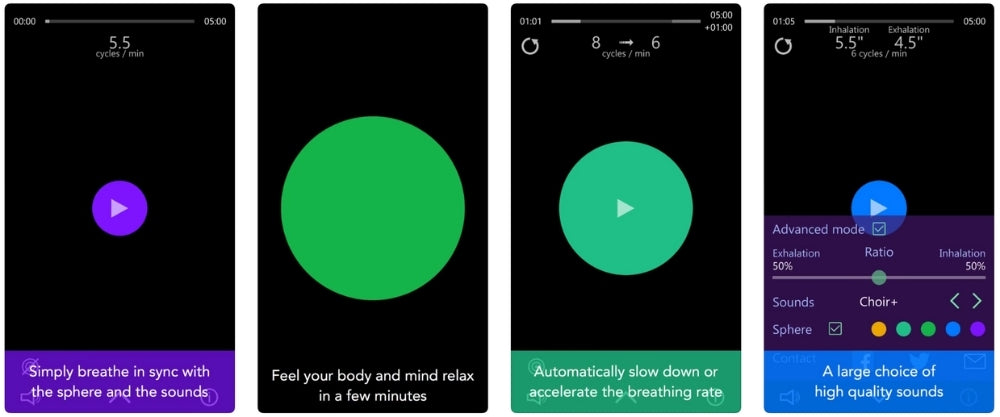
👉 10 days trial, then... $1 for access to everything.
This sleep app is monitors breathing and cardiac coherence, providing music sessions of 1 minute to 1 hour.
There’s synchronized sounds, and you can adjust the speed of the program to perfectly fit your body.
Bonus: This app can also help you calm down during an anxiety attack by helping you focus on your breathing.
White Noise Lite: White noise to help sleep
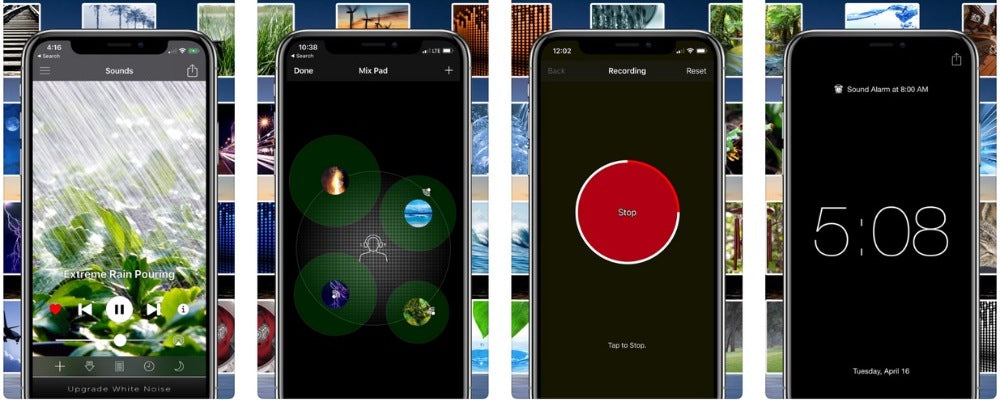
This is the best sleep app for white noise, a sound that contains all the frequencies the human ear can process, helping you fall asleep more easily.
Whtie noise reduces cortisol, the stress hormone, and due to its uniformity and ability to work excellently as background noise, it helps reduce anxiety and improve cognitive function.
It even works on migraines and babies who have trouble at sleep time. Maybe one caused the other…
This app offers 40 different ambient sounds that you can mix for a customized listening experience.
Pokémon Sleep
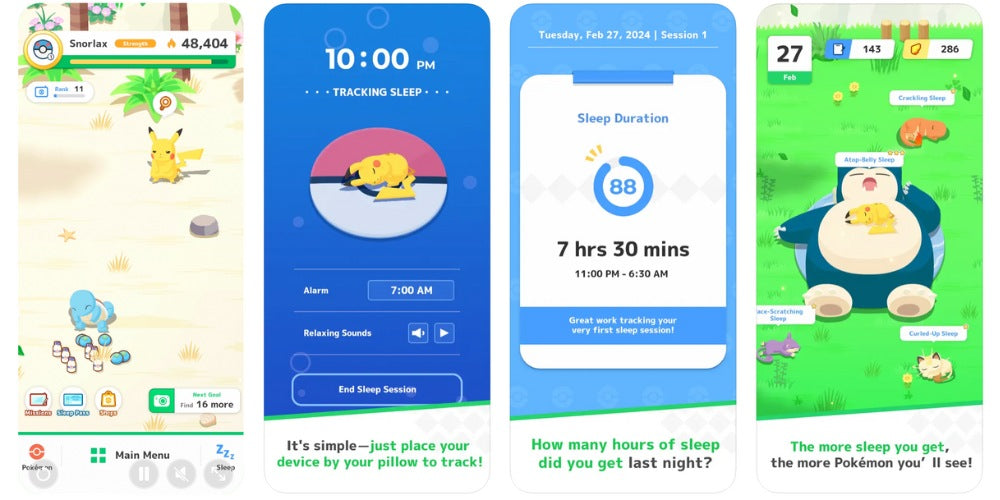
👉 Free ($50 for a 6 month pass, but it’s not required)
For the young or the young at heart.
On an island, a big Snorlax lays asleep, as always. The more the app identifies its user as asleep, the more the Snorlax attracts oher Pokémon. When you wake up, you can see which Pokémon you encountered, and complete your Pokédex!
But be careful…. Check your phone more than once every 15 minutes and Snorlax wakes up, no longer attracting other creatures.
For a good sleep duration, your phone needs to be face down, limiting screen exposure time and letting Snorlax sleep for longer!
Sleep trackers and their apps: the all-in-one solution Horus uses
Buying a physical tracker lets you monitor other aspects of yor health as well as sleep. These are usually a bit more expensive than just downloading an app, but they provide real health insights and solutions.
The idea is simple: Anything that can be measured, can be managed. So, trackers will take your heart rhythm, sleep pattern, and activity level all into account when giving you information or advice.
It’s a lot more in-depth than just monitoring your sleep and you can definitely feel more safe and secure about your wellness level while wearing one.
Oura: The connected ring
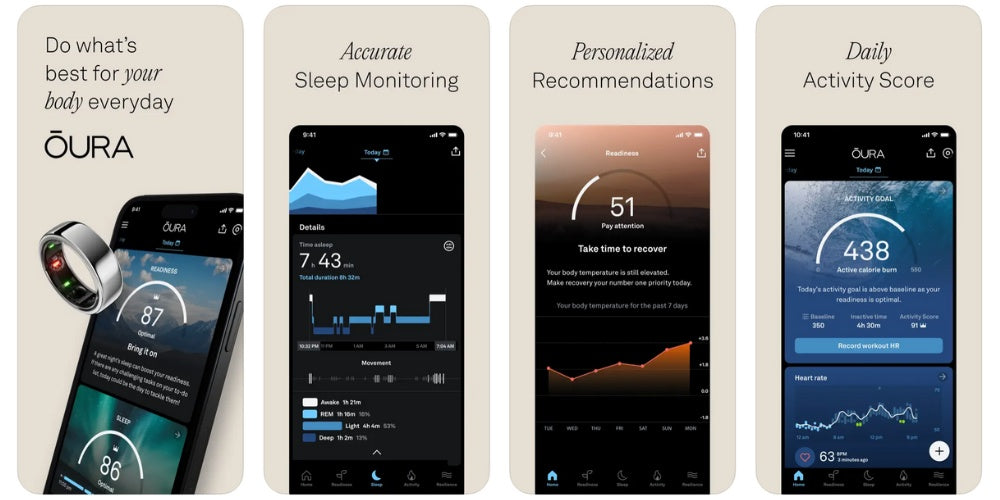
Yes, we mean a ring ring… like the piece of jewelry thrown into Mount Doom.
Oura rings monitor a lot of health data including your activity level, heart-rate, blood oxygen level and sleep pattern. All in a smart, easy-to-wear format, with many designs available.
The Oura app will determine your cardiovascular health, physical activity, sleep wellness and the quality of your recovery after exercise.
It offers three thoughtful daily scores: a readiness score (are you ready to take on the day, should you take it easy today?), an activity score and a sleep score.
It’s sleep monitoring is particularly in-depth, analyzing the amount of time spent in deep and light sleep cycles and REM sleep. It tells you the quality of your nights rest with a score between 1 and 100 and will give you advice on how to improve for those of us who score low on the scale. ‘
Oura is well designed so that it can find a place on everyone’s hand and the helpful and comprehensive sleep tracker app takes charge of your health. Our co-founders Paul and Matthieu can't do without it!
💰 Oura offers two ring models, with 4 and 6 different finishes respectively, all available in several sizes, with a free ring sizer when ordering so you can find the one you need. The app then charges a monthly rate, which can be canceled at any time.
Whoop: The bracelet that knows everything
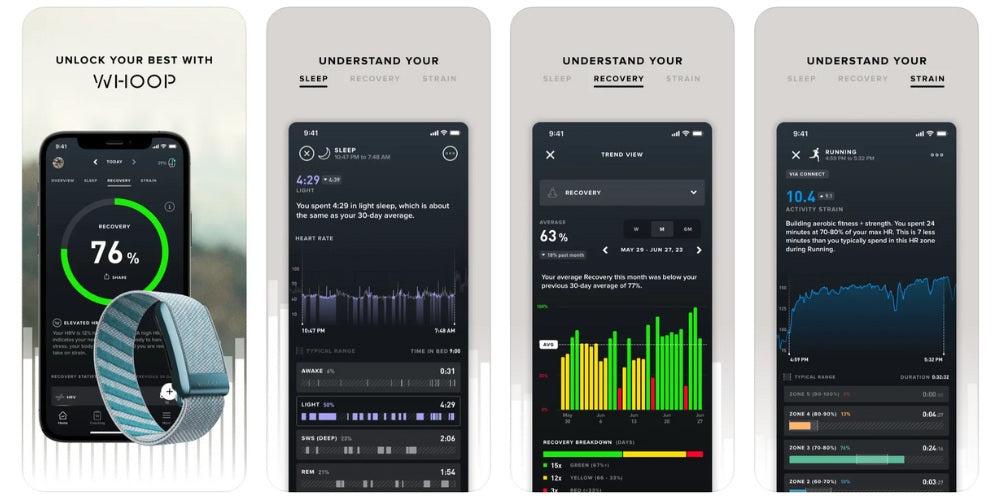
Even what you were doing last night. Or at least what your body was.
This is another physical tracker, but instead of on your finger it fits around your wrist instead as a stylish bracelet.
Using a dedicated app to inform you, Whoop is geared toward athletes who want to optimize their performance. However, this tracker and app can suit all needs. It’s discreet, with no big screen stuck on your wrist, and suits almost any fashion style.
The data measured looks at effort and recovery rates, monitors stress and health and analyzes your sleep cycle to give advice and measure the quality of rest.
It’s a very complete solution, sitting on the wrist of Stéphane, our co-founder.
💰 Whoop's business model stands out from the competition. The bracelet is delivered free of charge, and is free, although you’ll need to subscribe to the app itself.
The best sleep and tracking apps for Android and iPhone: Final thoughts
The market is overflowing with apps to take care of your sleep quality.
- Shut Eye monitors sleep cycles and plays sounds to help you sleep well.
- Sleep Cycle is a smart alarm that wakes you up at just the right time so you're not an irritable dinosaur before your eighth coffee.
- Namatata and Kardia Respiration Relaxation guide you through meditation and cardiac coherence exercises to relax you before closing your eyes.
- White Noise Lite plays completely free, soothing sounds for a good night of uninterrupted snoring.
- Pokémon Sleep gamifies sleep, making it appealing for children.
And if you want to analyze everything, not just sleep, why not opt for a tracker+app solution? We love the Oura ring in the team, as well as the Whoop connected bracelet.
If the problems persist despite the help of your apps and some good habits, then don't hesitate to consult a specialist: you spend a third of your life asleep, so it’s important you’re getting the most from it.

